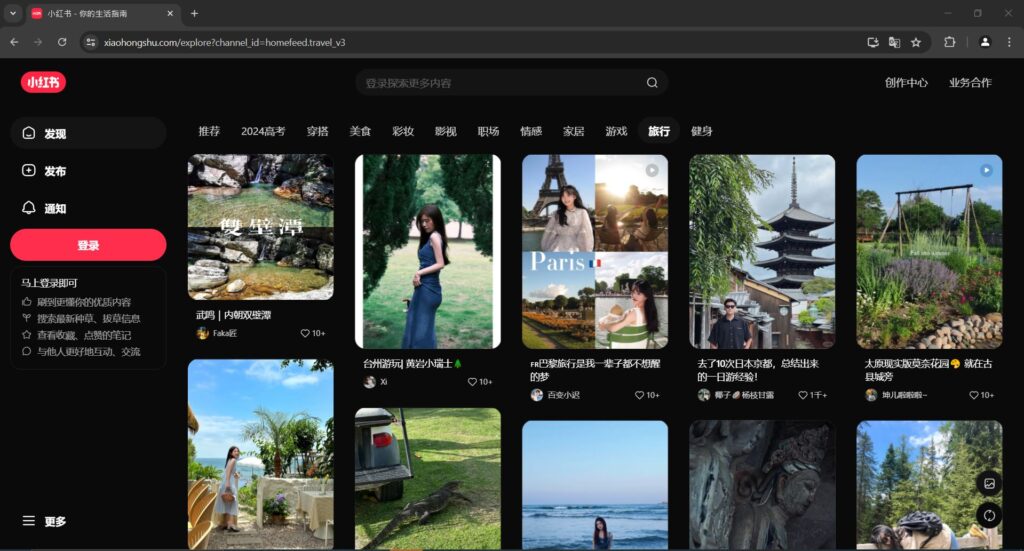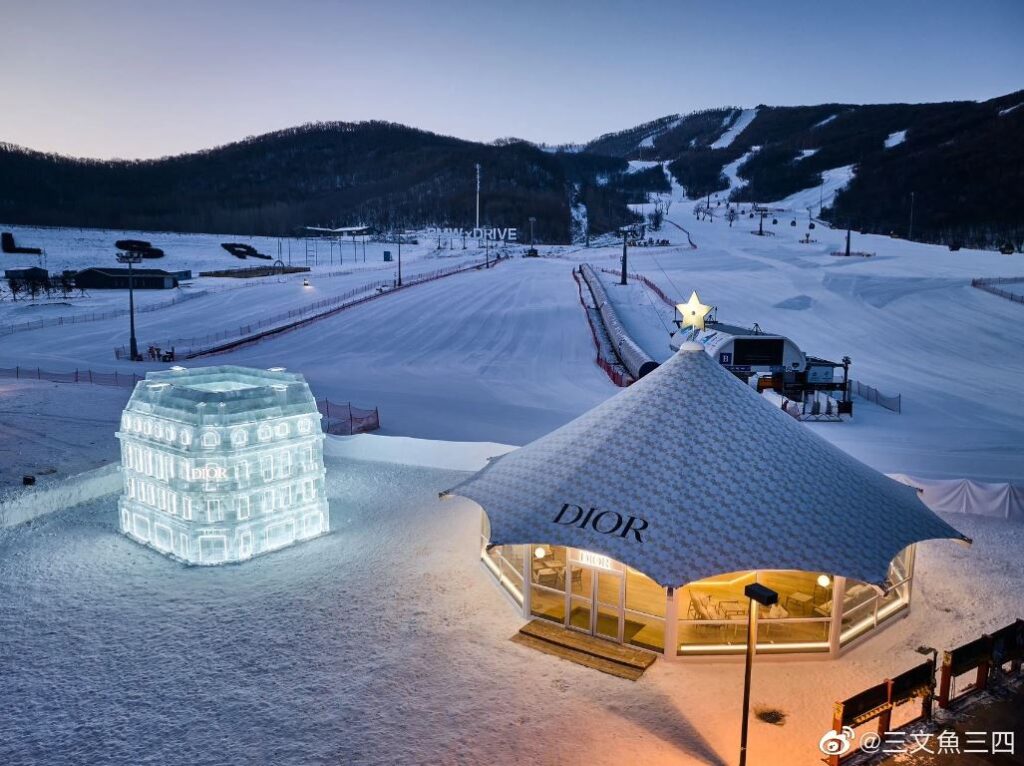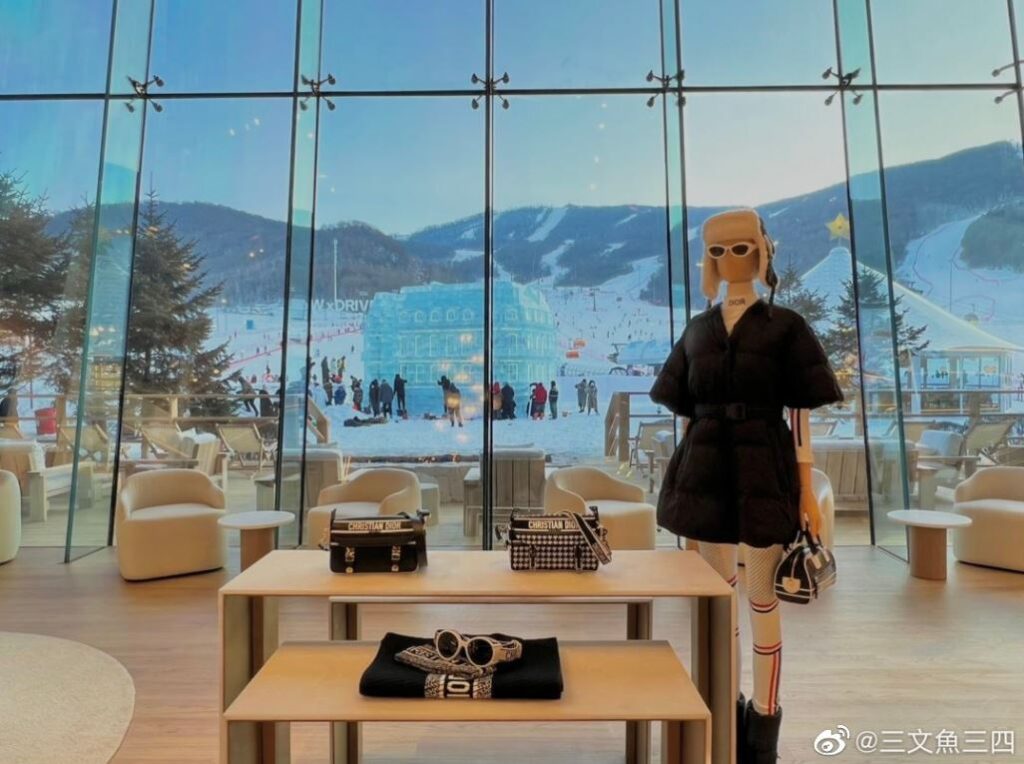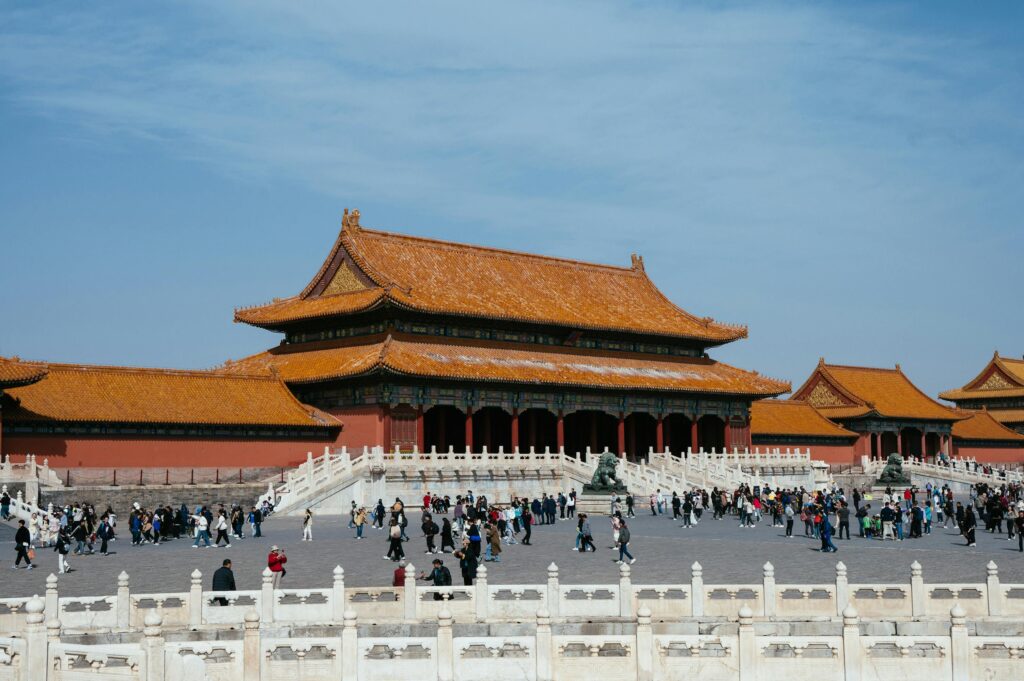The Chinese luxury travel market is rapidly evolving, driven by travelers seeking unique, culturally immersive experiences that offer a deeper emotional connection with their destinations. As this dynamic demographic moves away from superficial sightseeing to more meaningful journeys, travel providers must adapt to meet their sophisticated demands. This article explores effective strategies to capture the hearts of Chinese luxury travelers, focusing on cultural experiences, personalized travel, and digital engagement.
Understanding the Chinese Luxury Traveler
Shifting Preferences in Chinese Luxury Travel
Chinese luxury travelers are increasingly interested in authentic local experiences that foster emotional connections. This shift is driving the need for travel brands to innovate and tailor their offerings to meet these sophisticated preferences.
Emphasis on Cultural Immersion
Cultural immersion has become a significant trend among Chinese luxury travelers. These travelers seek destinations that offer a genuine connection to local traditions and heritage, enriching their travel experiences.
Environmental and Social Consciousness
The younger generation of Chinese luxury travelers is showing a growing concern for the environmental and social impact of their travels. Sustainable and responsible tourism practices are becoming crucial in attracting this market segment.
Creating Unique and Immersive Experiences
Local Cultural Experiences
Travel providers can capture the interest of Chinese luxury travelers by offering experiences that highlight local culture. For instance, Rissai Valley, a Ritz-Carlton Reserve, provides guests with an intimate luxury retreat in Jiuzhaigou, allowing them to immerse themselves in traditional Tibetan village life.

Personalized and Customized Travel
Luxury travelers are moving away from group tours, preferring customized, private experiences that offer flexibility and exclusive access to local culture. This trend emphasizes the importance of bespoke travel services that cater to individual preferences.
Holistic Wellness
The pursuit of holistic well-being is a growing trend among Chinese luxury travelers. Travel brands can capitalize on this by offering wellness retreats that combine relaxation with cultural authenticity, such as wellness spas inspired by traditional techniques.
Leveraging Digital Platforms for Engagement
Harnessing Xiaohongshu
Xiaohongshu, known as China’s lifestyle search engine, is a vital platform for travel inspiration and recommendations. Travel brands can partner with influencers on this platform to showcase unique destinations and experiences, boosting engagement and bookings. Brands can also utilize Xiaohongshu’s community features to create user-generated content campaigns that encourage travelers to share their experiences, further enhancing brand visibility and credibility.

Utilizing WeChat and Weibo
WeChat and Weibo are essential for engaging Chinese luxury travelers. These platforms allow for direct communication and personalized marketing, helping brands to build strong relationships with potential customers. WeChat’s mini-programs offer innovative ways to enhance the user experience, such as providing virtual tours, booking services, and personalized travel recommendations. Weibo, with its wide reach and real-time interaction capabilities, is perfect for launching marketing campaigns and engaging with travelers through interactive content and live streams.
Social Media Influence
Social media platforms like Douyin (TikTok) and Weibo play a significant role in shaping travel preferences among Chinese luxury travelers. Brands that effectively utilize these platforms can inspire and influence travel decisions through engaging content and influencer collaborations. Douyin’s short-form videos are particularly effective in showcasing destinations and experiences in a dynamic and visually appealing way, while live streams on Weibo can provide real-time insights and interactions that resonate with potential travelers.
Creating Emotional Connections
Personalized Recommendations
Providing personalized recommendations is key to creating emotional connections with Chinese luxury travelers. By utilizing data analytics and social listening tools, travel brands can gather insights into travelers’ preferences, interests, and behaviors. This allows brands to curate customized itineraries that resonate deeply with their guests. For example, a traveler interested in local cuisine could be offered a private cooking class with a renowned local chef, or a history enthusiast might enjoy a guided tour of a lesser-known historical site.
VIP Tiers and Exclusive Benefits
Developing VIP tiers with escalating benefits is an effective strategy to foster loyalty among Chinese luxury travelers. These tiers can include a range of exclusive perks such as private airport transfers, complimentary spa treatments, personalized concierge services, and priority reservations at top restaurants. By rewarding repeat customers with unique and valuable experiences, travel brands can ensure their guests feel appreciated and valued, encouraging them to return and explore new destinations within the same brand family.
Collaborations with Influencers
Influencers play a crucial role in shaping travel preferences among Chinese luxury travelers. Collaborating with influencers who have a strong following in the luxury travel sector can significantly boost a brand’s visibility and credibility. Travel brands can invite influencers to experience their offerings firsthand and share their authentic experiences on social media platforms like Xiaohongshu, Weibo, and Douyin. These collaborations should focus on creating engaging and visually appealing content that highlights the unique aspects of the destination and the luxurious experiences available.
Emotional Storytelling
Incorporating emotional storytelling into marketing strategies can help create a deeper connection with travelers. Brands can share stories about the local culture, traditions, and people, creating a narrative that resonates with the audience. For instance, sharing the story of a local artisan who creates unique handicrafts can provide a personal touch to the travel experience, making it more meaningful for guests. This approach not only enhances the travel experience but also fosters a sense of connection and appreciation for the destination.
Interactive Experiences
Interactive experiences that engage travelers on a personal level can create lasting memories and emotional bonds. This can include activities such as participating in traditional ceremonies, joining local festivals, or engaging in hands-on workshops. For example, a luxury hotel could offer guests the opportunity to participate in a traditional tea ceremony, guided by a local tea master. Such experiences allow travelers to immerse themselves in the local culture and create meaningful connections with the people and the place.
Surprising and Delighting Travelers
Cross-Sector Collaborations
Collaborating with leading fashion houses, renowned artists, and elite sporting events allows travel providers to create unique and memorable experiences that transcend traditional travel boundaries. For instance, travel destinations can partner with fashion designers to host exclusive runway shows or pop-up boutiques within the hotel premises. These collaborations can also extend to offering unique dining experiences curated by celebrity chefs or hosting private art exhibitions featuring local and international artists.
Fashion and Sports Activations
Luxury brands can engage travelers by creating unique activations around popular activities, such as skiing or fashion shows. For example, Dior’s ski pop-up store at the Lake Songhua Seibu Prince Hotel offered travelers an exclusive shopping experience amidst a picturesque winter landscape. Similarly, Fendi’s Winter Sports Capsule Collection pop-up space at The Westin Changbaishan combined fashion with winter sports, offering guests a blend of luxury and adventure. These activations not only attract attention but also provide travelers with exclusive and unforgettable experiences.


Event-Driven Tourism
Events like concerts, sports matches, and cultural festivals can significantly drive tourism traffic and spending. Travel brands can capitalize on these events by offering exclusive access and premium experiences to their guests. For example, The Ritz-Carlton’s partnership with the Mercedes-AMG Petronas F1 Team provides guests with VIP access to the Shanghai Formula 1 Grand Prix, including behind-the-scenes tours and meet-and-greet sessions with the drivers. Similarly, Marriott Bonvoy’s collaboration with the Shanghai Rolex Masters offers exclusive experiences like the Dream Seat series and Master Classes with tennis legend Li Na. These unique offerings not only enhance the travel experience but also create memorable moments that travelers will cherish.

Surprise Elements
Incorporating surprise elements into the travel experience can delight guests and create lasting memories. This could include unexpected upgrades, personalized welcome gifts, or surprise events during the stay. For instance, a luxury hotel could surprise guests with a private dinner on the beach, complete with a personalized menu and live music. These thoughtful gestures show that the brand goes above and beyond to ensure their guests have an exceptional experience.
Exclusive Pop-Up Experiences
Creating exclusive pop-up experiences within the destination can attract high-end travelers looking for something unique and off the beaten path. For example, a luxury resort could host a temporary art installation featuring works by renowned artists or set up a pop-up restaurant with a Michelin-starred chef. These experiences provide travelers with exclusive opportunities that they cannot find elsewhere, enhancing the overall appeal of the destination.
Capturing the hearts of Chinese luxury travelers requires a deep understanding of their evolving preferences and aspirations. By focusing on cultural immersion, personalized experiences, and digital engagement, travel brands can create meaningful connections and build lasting relationships with this lucrative market segment. Leveraging innovative strategies and collaborations will ensure that travel providers stay ahead in the competitive luxury travel industry, meeting the sophisticated demands of Chinese luxury travelers and securing their loyalty.

